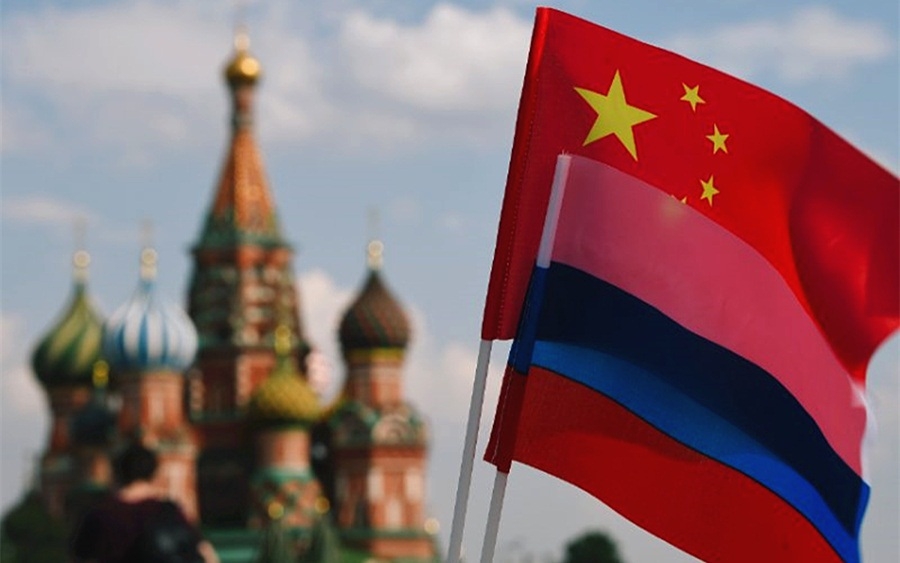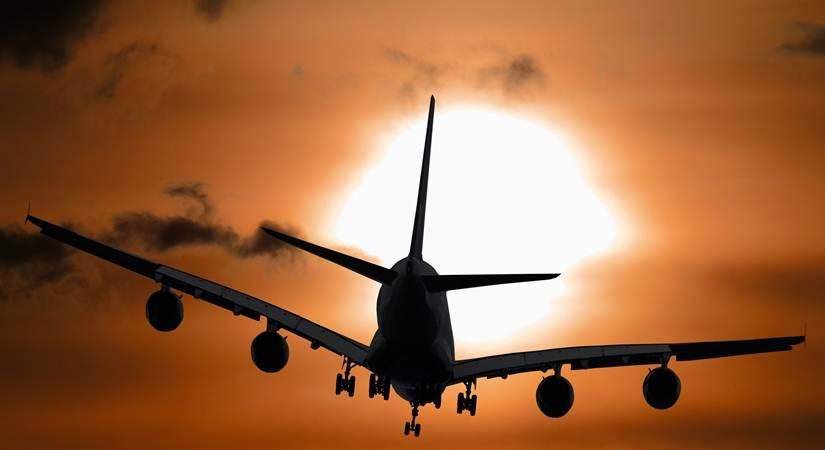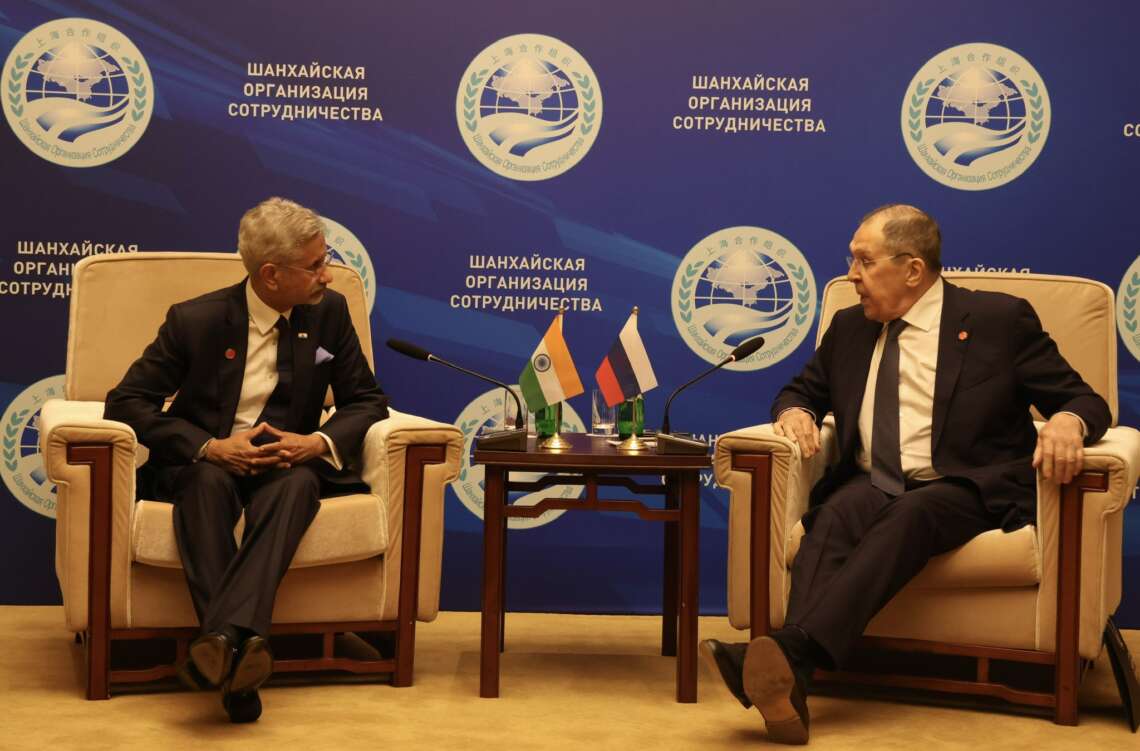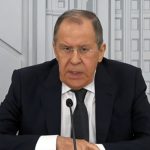Observers say Moscow has little capacity to counter China’s growing influence, even as Beijing avoids directly challenging Russia’s security role in Central Asia….writes Mozidur R. Biswas
Analysts are of the opinion that Beijing has started focusing more on developing influence in countries of Central Asia so as to avoid Moscow’s challenging dominant power across the entire region amid mounting trade and power tension in line with global changes.
The question of close ties between Beijing and the five Central Asian countries got prominence when the China-Central Asia Summit was held in Kazakhstan a couple of days back. This specific question sparked about whether Russia’s regional dominance is waning as it remains preoccupied with the Ukraine war.
However, Kremlin spokesman Dmitry Peskov dismissed this possibility, saying there was “no reason for such fears”.“China is our privileged strategic partner, and the Central Asian countries are our natural historical partners,” he specified on the occasion.
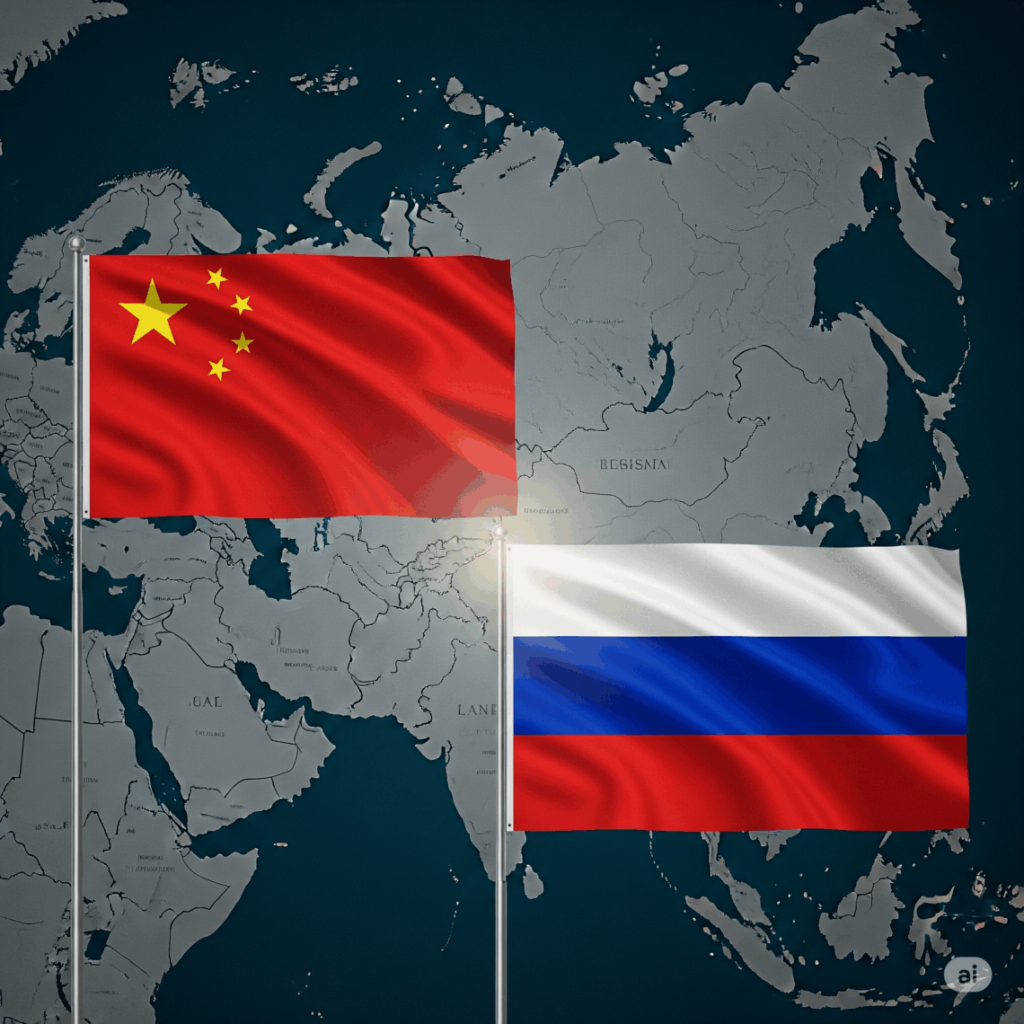
Diplomatic diplomatic observers believe Moscow has limited capacity to counterbalance China’s growing influence, even though Beijing is avoiding challenging Russia as Central Asia’s key security guarantor and dominant power.
Yunis Sharifli, a specialist in China-Central Asia relations at the China Global South Project, opined that while China appeared to respect Russia’s lead in “hard security”, its diversified economic expansion was clearly encroaching on areas of Russian interest. “This shift is likely causing unease in Moscow,” he said. In the face of such a question, why Russia might be warming to China’s Presence in Central Asia. Zhao Long, a specialist in Russian and Central Asian affairs at the Shanghai Institutes for International Studies, said Beijing and Moscow had distinct comparative strengths and were not engaged in exclusive competition in Central Asia.
As a matter of fact, Russia remains the dominant ally in Central Asia, maintaining its influence through a formal alliance known as the Collective Security Treaty Organization (CSTO). This bloc includes Kazakhstan, Kyrgyzstan, Tajikistan, Russia and Belarus, with Armenia having frozen its membership.The CSTO offers collective security guarantees to its members, giving members some degree of protection under Russia’s defence umbrella – a level of security that China does not provide.
Sharifli said Moscow’s reliance on China amid Western sanctions and its limited economic and technological offerings left it little leverage to counter China’s rise. He added that Beijing was unlikely to let its presence in the region disrupt its standing strategic stability with Moscow.
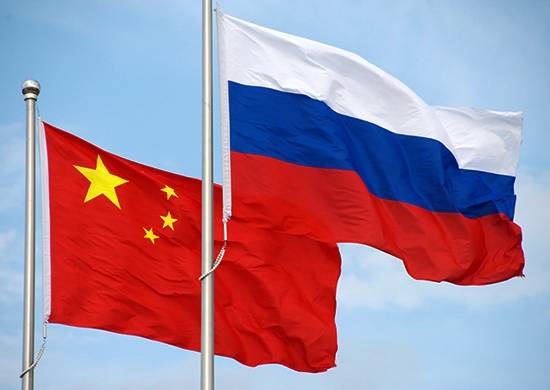
According to Sharifli, Beijing complements Russia’s hard security presence with soft security measures aimed at stabilizing the region. On the other hand “China prefers to let structural changes – such as shifts in trade patterns, energy demand, and regional development needs in order to gradually reshape the balance of influence,” he maintained.
China plays a supportive role in strengthening Central Asia’s security framework by offering training programs and capacity-building initiatives for the region’s military and law enforcement institutions.“Under the cover of Russia’s security umbrella, China can act as a ‘free rider’, expanding its economic interests in the region without bearing the financial and political costs of full-scale security commitments,” Shariflili said.
The Taliban’s takeover of Afghanistan in 2021 heightened Beijing’s security concerns about the country – concerns it shared with its partners in Central Asia, it was recalled on the occasion.
Earlier, China, Central Asian countries and other stakeholders have held several rounds of foreign ministers’ meetings about the situation in Afghanistan. The fifth such summit will take place in Turkmenistan, though the exact date is not yet known.
“Tajikistan stands out as the primary recipient of Chinese security cooperation. This is largely due to its long and porous border with Afghanistan – a country where China perceives a high risk of militant spill over and instability,” Sharifli added.
In the context of the above analytical views, a number of critical questions marked by changing mission and vision overlapping one after another at this moment of wide-ranging global changes. Again, the ongoing Iran-Israel war and ceasefire situation in the Middle East, again, will be bringing many changes in the world order, believed by prominent global analysts.


